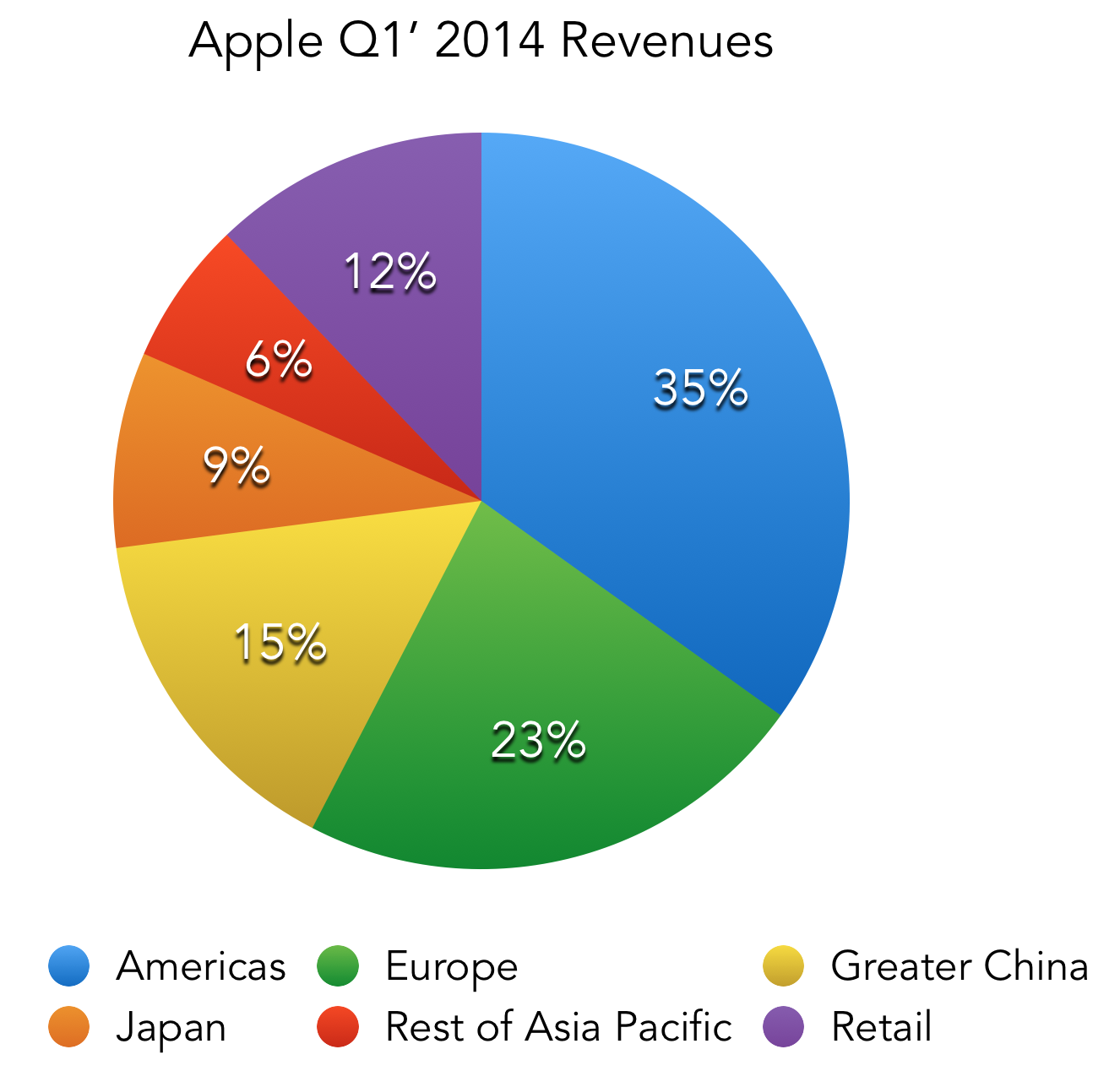Will Accountants Be Replaced By Computers?
I'm sure you've read by now many articles predicting the demise of various occupations such as doctors, waiters, taxi drivers, and accountants, among hundreds of other "ancient" professions. Now, I'm not a doctor or a waiter (at least in this lifetime), but I am an accountant who knows his field well and feel very comfortable writing about the future of this profession. Obviously my being an accountant makes me inherently biased, but it also makes me especially well informed. With that said, let me get back to what I mentioned in the beginning of this paragraph, and that is, will the jobs of accountants be replaced by software and/or computers? Or more elegantly: will accounting be a dead profession?
The short answer is no. If that's the answer you came here for then feel free to stop reading after you finish this sentence, and resume whatever it is you were doing before this. Otherwise, read on to see why I believe accounting will still be done by humans.
Computers (I will lump software into computers as a whole for this post) nowadays are extremely powerful, intelligent, and complex. Evidence of this is Google Search, which we can all agree is almost impossible to live without in our data driven world. Processors are fast, RAM is abundant, and storage is almost free. All of these things, however, are missing one crucial trait that only a human can add, and that's subjectivity. Here's the thing about accounting; it is at many times extremely subjective. Many numbers are crunched using estimates - estimates that were made by accountants. Sure, a computer can give you the output of a long, complex formula, but it first needs instructions on what it's solving for. Computers are great at math, which by the way, accounting isn't. There is no formula that always guarantees the right answer. Each country, state, and industry has different rules that need to be applied, which a computer will have no way of knowing. An even better example of the need for subjectivity in the accounting field is auditing. Are these internal controls appropriate? Are they compliant with standard X and regulation Y? Lots of these questions require judgement only an accountant can give. I can't predict the future, but unless computers will be programmed with subjectivity in mind, we will always need human reasoning. A computer is an accountant's best friend, but it's nothing without the accountant.

